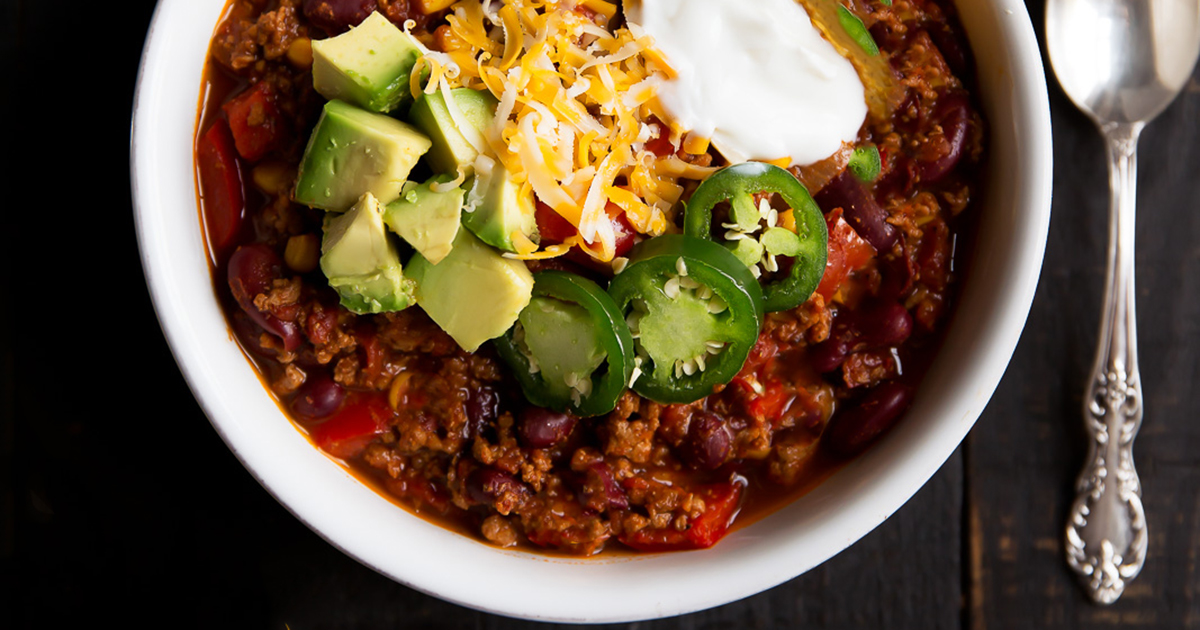How Changing Your Diet Can Fight Inflammation (Meal Ideas Included!)
Inflammation is caused by the body’s immune system preventing and protecting against bacteria, infections, and viruses. However, autoimmune diseases such as arthritis can trigger inflammation. With no foreign bacteria, infection or viruses to combat, white blood cells begin damaging tissues within the body. Chronic inflammation can be the cause of many more serious illnesses such as heart disease and cancer.
Inflammation can be characterized by redness, swelling, tingling, warmth, stiffness, and joint pain. It is also associated with symptoms such as a fever or chills, fatigue, and headaches. However, inflammation can be countered with anti-inflammatory medications and by making necessary dietary changes. Read on for tips on how to reduce and even prevent inflammation through food consumption.
What Is An Anti-Inflammatory Diet?

Diet, stress, lack of exercise, heredity and exposure to toxins and endocrine disruptors can all contribute to chronic inflammation. However, inflammation can be reduced or curbed by transitioning to a diet abundant in anti-inflammatory foods such as avocados, blueberries, carrots, oranges and many more. Not only will these foods assist in the treatment and prevention of chronic inflammation, but they are also rich in energy, vitamins, fatty acids, and dietary fibers that are essential to maintaining a healthy diet.
An anti-inflammatory diet may also help treat illnesses such as arthritis, heart disease, Crohn’s disease, diabetes, lung diseases such as chronic obstructive pulmonary disease (COPD), and mood disorders.
Now that you know what an anti-inflammatory diet is, keep reading to learn all about the tips on how you can make the diet work for you.